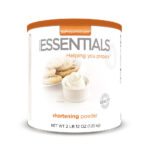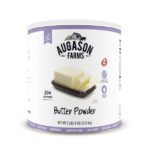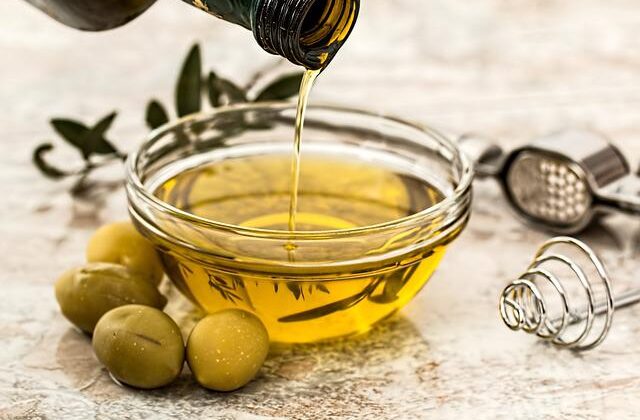
Storing oils can be tricky due to their relatively short shelf life. Still, they are necessary for most baking and cooking recipes.
WHY ADD OIL TO EMERGENCY FOOD STORAGE?
If you were in an emergency situation where you were living off your food storage, it would be rather difficult to cook or bake anything without oil.
Adding oil to your emergency food is also a great way to spice up your meals, add calories and nutrients to your diet, and prevent foods from sticking or burning to your pans.
Unfortunately, oil does not typically have a long or stable shelf life. Keep reading to find out how to extend the life of your oil.
SHELF LIFE OF OIL
When it comes to shelf life, not all oils are equal. However, there are a few tips that can apply to all oils:
- Rotate – if you don’t use much oil, don’t purchase the large Costco-sized bottles. Purchase smaller bottles so you can use and rotate them easily.
- Storage – store oils in a cool, dry, and dark place.
- Containers – purchase oils in glass, amber, or dark-colored containers. This will help preserve the oils longer.
- Color – lighter oils have a longer shelf life vs. darker oils that are more flavorful.
An important note about the smoking point of oils.
If you use your cooking oils in an emergency situation, you may not be cooking in an ideal environment. Perhaps you are cooking over a fire or using a dutch oven.
The smoke point of an oil is when the temperature is too high, and the oil starts to burn and smoke.
This can make the food taste bad, destroy the oil’s nutrients, and become harmful to your health.
If oil is heated to a temperature higher than its smoking point, it will turn into a trans-fat. You will also destroy the beneficial nutrients and phytochemicals found in unrefined oils. Overheating your oil can also create harmful free radicals.
The smoke point is different for different types of oils. Usually, the more refined the oil, the higher the smoke point.
Refined oils have had impurities and free fatty acids removed. Refined oils are usually lighter in color and have a neutral taste.
Oils with a high smoke point should be used when frying, searing, grilling, and roasting.
Some oils that have a high smoke point of over 400°F degrees:
- Refined avocado oil (520)
- Almond oil (430)
- Corn oil (400)
- Refined Canola oil (400)
- Light olive oil (465)
- Coconut Oil (350)
- Unrefined coconut oil (450)
- Crisco/Shortening (490)
- Extra-Virgin Olive Oil (350 to 410)
- Vegetable Oil (450)
Oils with a low smoke point
Lower smoke point oils can be used for salad dressings and drizzling over cooked foods.
Unrefined oils that should not be heated include:
- Flaxseed oil (225)
- Wheat germ oil (225)
- Walnut oil (320)
OLIVE OIL
When stored properly (in a dark, glass container in a cool place), unopened EVOO has a shelf-life of two years.
Light Olive Oil has a shelf life of 18-24 months.
Once opened, olive oil will last for 6 – 8 months.
COCONUT OIL
Coconut oil has a stable shelf life of over two years and longer if unopened (up to five years) and can be stored in the refrigerator.
Coconut is wonderful to keep on hand because of its health and antibacterial properties. Coconut oil is over 90% saturated fat, making it one of the healthiest fats.
It is also believed that coconut oil has anti-viral, antibacterial, and anti-fungal properties and is an anti-inflammatory food.
VEGETABLE OIL
Unopened vegetable oil can last up to two years if properly stored. Once opened, it can last up to a year.
You can store vegetable oil in the fridge to make it last longer, but it will crystallize and become cloudy. You will need to remove it from the refrigerator and warm it up before use.
SHORTENING A.K.A CRISCO
This hydrogenated shortening includes preservatives and has a longer shelf life of 8-10 years. However, now that it is packaged in cardboard containers, it will probably not last that long.
You could move the shortening to a glass mason jar and store it in a dark place for better results.
The smoking point of Crisco is 490°F!
Emergency Essentials has a #10 can of shortening powder with a shelf life of 10 years.
BUTTER
Butter has a smoke point of 350°F and can be used for sautéing and baking.
Butter is best stored in the fridge and should be used by the “best used by” date. It will usually last about four months in the refrigerator. Freezing butter can extend the expiration date by a year.
To freeze butter:
Keep the butter in the original wrapping (date will be included) and then wrap it in foil or place it in an air-tight container. Butter can pick up odors from other foods, so placing the original package inside of another container or foil will prevent this from happening.
Unsalted butter will stay fresh for six months in the freezer. Salted butter will last about one year.
Augason Farms sells a #10 of Butter Powder with a shelf life of 10 years.
This butter powder can also be used in place of real butter in any recipe.
My Patriot Supply also carries a butter powder from Ready Hour.
NO BUTTER? Did you know you could make butter from powdered milk?
You will need:
- 3/4 c. powdered milk
- 1/3 c. water
- 1/4 c. oil (you can use any oil i.e., coconut oil, olive oil, vegetable oil etc.)
- Pinch of salt (optional)
Directions:
- Add all ingredients to a mason jar, blender, or food processor.
- Shake or blend until it starts to thicken. This can take several minutes.
- This mixture probably won’t be as thick as the butter you are used to, but it is great to use in a pinch!
- Makes about ¾ of a cup and will store in the fridge for a week.
GHEE
Ghee has a smoke point of 465°F
Like butter, ghee should be stored in the refrigerator and long-term in the freezer.
DOES OIL GO BAD?
Oils don’t grow bacteria like other foods; rather, they spoil because they become rancid. This is caused by oxygen, heat, or light. Rancidity will make the oil smell and taste bad, destroy the nutrients, and possibly become toxic.
Once a bottle of cooking oil is opened, it is exposed to oxygen which can cause it to go rancid if not used within six months.
How can you tell if your oil is rancid?
Rancid oil will have a different “off” smell, like fruit that has started to rot. It may also taste bitter, like spoiled nuts.
WHAT TO DO WITH RANCID OIL
Make an emergency candle.
You will need:
- 1/3 cup cooking oil or used oil
- 3 Tbsp salt
- One cotton ball
- A 2″ wooden stick (can use a toothpick)
- A match or a lighter
- One glass container or mason jar
Steps:
- Put three tablespoons of salt inside the glass container and press to level.
- Pour cooking oil into glass container over the salt.
- Pull apart the cotton ball and wrap it around the wooden stick.
- Insert the wooden stick in the middle of the glass container (the salt will hold the wooden stick in place).
- Light the cotton ball with a match or lighter.
You can also add a couple of drops of essential oils to make the candle smell nice.
Want to be extra prepared?
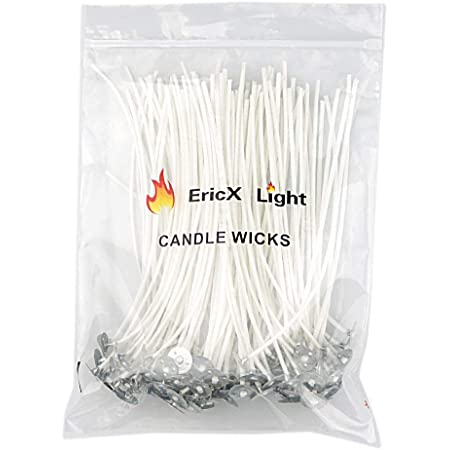
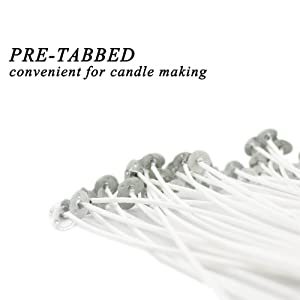
Based on the length of the wick, you may want to use more salt and oil.
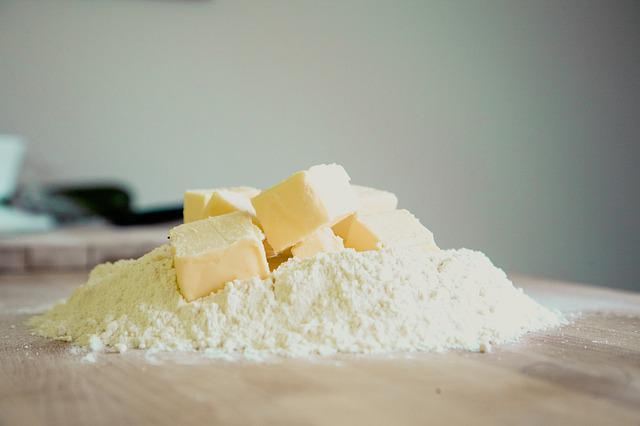
WOULD YOU LIKE TO PRINT THIS INFORMATION AND STORE IT FOR FUTURE USE?
GET YOUR FREE PRINTABLE PDF FOR OILS AND BUTTER STORAGE HERE!

